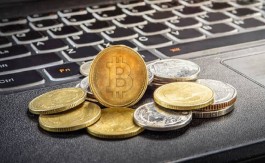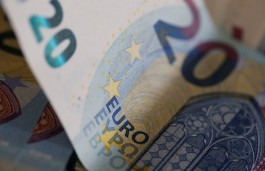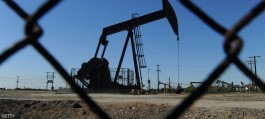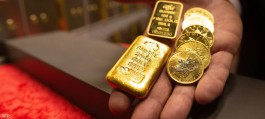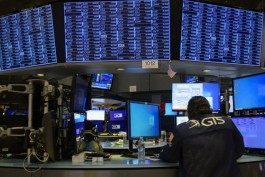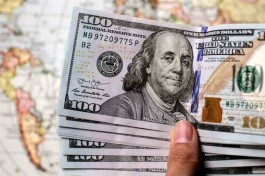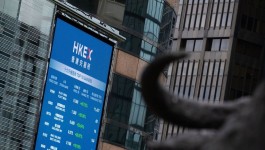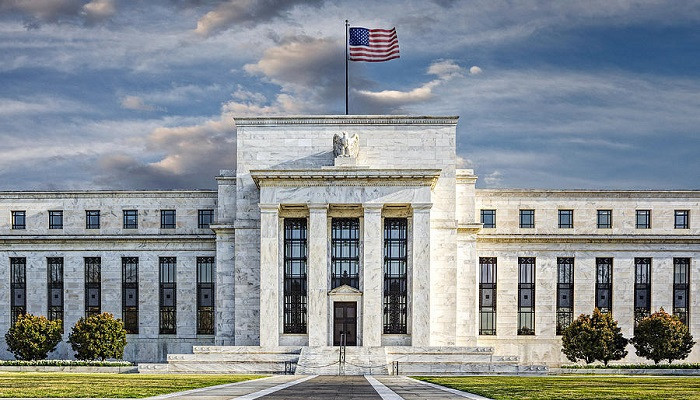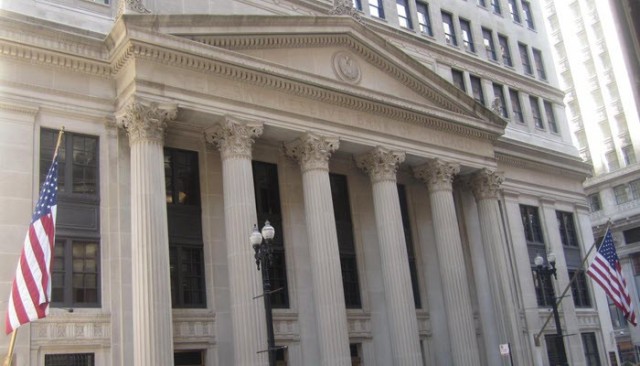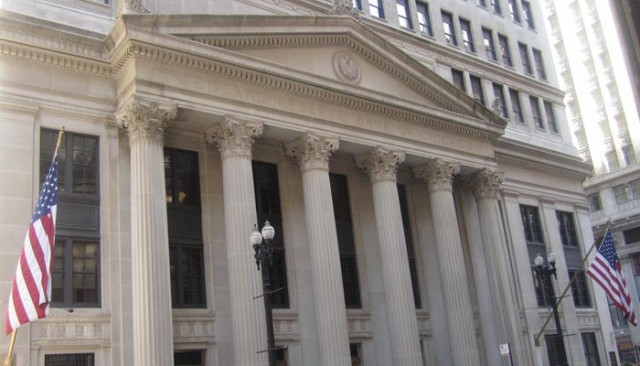After a meeting that lasted over the course of January 31 and February 1, 2023, the US Federal Reserve announced, yesterday, Wednesday, that it would raise interest rates by 25 basis points to the range between 4.5% and 4.75%, which is the lowest rate of increase in interest rates since March of 2022.
This increase came after the annual inflation rate in the United States slowed down during the month of December to 6.5%, similar to analysts' expectations, according to a poll conducted by Reuters news agency, while the monthly inflation recorded during December decreased by 0.1%.
US Federal Reserve Chairman Jerome Powell said after the interest data release that he welcomed the recent decline in inflation, but added that it was still far from its 2% target.
US stock indices rose unevenly, as the Dow Jones industrial production index increased by 0.02%, while the Standard & Poor's 500 rose by 1.05%, while the Nasdaq technology stock index jumped by 2%.
At the level of central banks in the Gulf, the decisions were different. Just when Saudi Arabia, the UAE and Bahrain raised interest rates, the Qatari Central Bank decided to maintain its current interest rates, whether for deposits, lending or repurchase, according to a bank statement.
And the Central Bank of Saudi Arabia decided to raise the main rate of return by 25 basis points, to raise the repurchase to 5.25%, and the reverse repurchase to 4.75%, according to a statement from the bank.
The UAE Central Bank also decided, in an official statement by the bank, to raise the base rate by 25 basis points to 4.65%, starting today, Thursday, while it decided to maintain the price of short-term liquidity borrowing from the central through all existing credit facilities at 50 basis points above the base price. .
The Central Bank of Bahrain also raised the main interest rates on deposits and lending by 25 basis points, according to a statement from the bank. Thus, the interest on one-week deposits increased from 5.25% to 5.50%, overnight deposits from 5.00% to 5.25%, and four-week deposits from 6.00% to 6.25%. The interest rate imposed by the Central Bank on retail banks in exchange for lending facilities was raised from 6.50% to 6.75%.
As for Kuwait, the Central Bank of Kuwait raised interest rates last January by 0.5%, so that the discount rate became 4.0% instead of 3.5%, as of January 26.
Most of the Gulf states peg their currency to the dollar, while Kuwait pegs its currency to a basket of currencies, including the dollar.
















